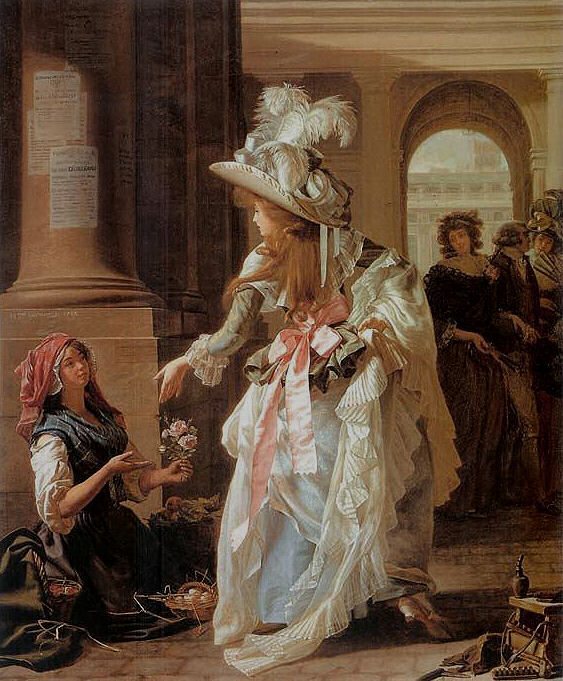Not a few Americans have an aversion to social and economic inequalities. This repulsion arises not so much from philosophical convictions as from a temperamental disposition at the heart of which lies a serious misconception about the nature of compassion.
Such mentalities believe that inequalities, particularly those of a social or economic character, invariably cause suffering in those of lower status. According to this misperception, even those with the means to lead a comfortable life suffer from the fact that others are richer than they. Behind this attitude, one perceives the unspoken presence of a philosophy of envy.
This attitude results from an erroneous interpretation of true Christian compassion in the face of socioeconomic inequalities.
Christian compassion does not oblige one to feel sorry for someone who has what he needs to live in a manner suited to his social level. Christian compassion simply elicits the desire to help those who lack the means to lead a dignified life according to the demands of human nature and their status. Accordingly, there is no reason for someone to feel guilty simply because he is richer or has a higher social standing than others. Nor does having less than others make the upright man suffer; rather, he is satisfied at seeing that others have more than he.
The erroneous interpretation of compassion affects some members of the traditional elites in a curious manner. They deem it their duty to disguise their high station, education and splendor. In doing so they misguidedly believe they are fulfilling their Christian duty to prevent others from suffering the humiliation of seeing people who are higher than themselves.

The precise opposite is true. The higher classes have the duty to shine in the eyes of the lower classes. The latter have the right to contemplate the splendor of the higher classes and to be inspired by it. In effect, the condition of the higher classes should stimulate members of the lower classes to improve their own situations.
The contemplation of the higher classes can inspire members of the lower classes who are gifted with exceptional talents to aspire legitimately to a higher condition.
This desire must not be confused with the reprehensible “coveting of thy neighbors’ goods” prohibited by the tenth Commandment. Such coveting occurs when someone becomes envious because another person is or has more than he; or when he comes to hate his neighbor and is consumed with a passion to deprive him of what is justly his. Base sentiments like these should not be confused with the noble desire to equal, or even surpass, through diligent effort, the situation one admires in another.
It cannot be denied that there are situations in which it is understandable for an aristocracy to retire from public view. If, for example, the upper classes perceive that the splendor of their social lives will be misunderstood and maliciously manipulated against them, they have the right to maintain a more discreet position in society in accordance with their good judgment.
Plinio Corrêa de Oliveira, Nobility and Analogous Traditional Elites in the Allocutions of Pius XII: A Theme Illuminating American Social History (York, Penn.: The American Society for the Defense of Tradition, Family, and Property, 1993), American Appendix, pp. 197-1985.
